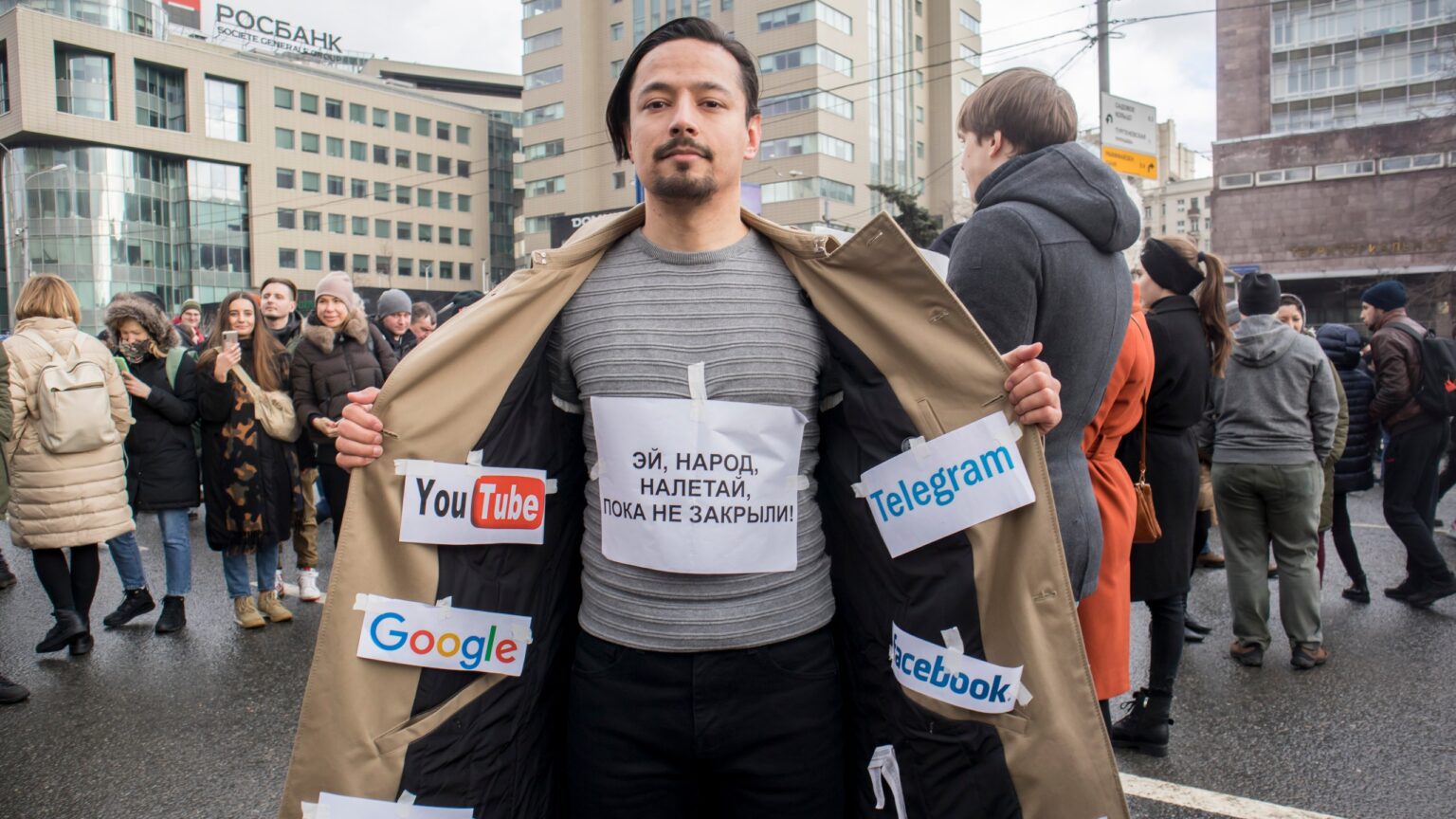The past year was riddled with attempts by different governments to modify web security and usage for their citizens.
The attempts were pervaded through lawmaking, direct network interference, and alongside requests from governments to internet governance authorities. Similarly, these attempts led to the growth of anti-censorship tools to help people gain more access to the world.
EU digital identity framework criticized
Though it has been functional since 2014, the European Union’s electronic IDentification, Authentication, and trust Services (eIDAS) framework witnessed several amendment proposals in 2022. The amendments raised in the European Parliament eventually sparked several conversations and reactions from the public.
A significant amendment worth noting is the proposed change to Article 45 of the framework. The amendment, when implemented, would require web browsers to trust only government-designated third parties, with or without required security features. Based on this, several people have described the amendment as potentially disrupting traditional web trust models.
An evaluation of the amendment led to the discovery that it solves no problem but would instead cause more issues. Users would have to pay heavily for Qualified Web Authentication Certificates (QWACs) in place of the cheap and free certificates. They would also have to depend on and use only government-approved Certificate providers -a move that could expose users to vulnerabilities.
Despite the massive outcry about the amendment, the EU council still executed the amendment.
Russia and Ukraine tackle war disinformation through the Internet
Following its invasion of Ukraine, the Russian government embarked on a different attempt to ensure media censorship. Its various censorship tools included blocking VPNs and anonymity protocols like Tor. Several analysts described these actions as an attempt to prevent dissent and monitor the people.
Numerous international sanctions have also contributed to the problems. Like other businesses, certificate providers have stopped issuing new certificates to Russia’s “.ru” websites. As a result, the Russian government decided to solve the problem by creating the “Russian Trusted Root CA” to meet its needs.
On the other hand, the Ukrainian government asked other world authorities to remove top Russian websites from the Internet. The government requested the Internet Corporation for Assigned Names and Numbers (ICANN) to remove Russia without considering the consequences.
The US-Based ICANN, which supervises global internet domain names and IP addresses, responded by declining the request. Had it been approved, it would not only affect Russia but also negatively impact web security forever.
How the Internet shaped Iranian protests
Protests in Iran started due to the death of the 22-year-old Mahsa Amini, a Kurdish woman who was arrested in Tehran by the morality police on September 13, 2022. Her death birthed a nationwide protest spanning the nooks and crannies of the country -the protest was also in full force on the world wide web.

To curtail the uprising, the Iranian government blocked several online services in the country. This was part of the Iranian government’s effort to prevent dissent and restrict citizens from accessing certain information outside the country.
To achieve this, the Iranian government formulated a policy tagged the “Regulatory System for Cyberspace Services Biill.” Though the bill hasn’t been implemented, there are rumors that some parts of it are already functional.
Social media bill in Nigeria
The Nigerian government also tried to regulate social media usage, generating negative responses from its largely youthful population.
According to several local media reports, the bill was designed to serve as a framework of regulation for using the Internet and various social platforms in the country. The Nigerian government banned the social media platform Twitter for seven months because it could undermine the country’s corporate existence.
However, the ban, alongside the previous attempts at media regulations within the country, failed because internet users found a way to circumvent the nationwide ban through VPNs.
Building formidable anti-censorship tools
The development of several anti-censorship tools, alongside avoidance of blocked network traffic, is helping in the fight against government censorship.
Two crucial tools worth noting are Snowflake and Tor. Snowflake allows people to access censored websites and applications. On the other hand, Tor is a browser with automatic connection features that usually redirect and connect to Tor bridges.
The Iranian government’s blockade of Signal was also countered with a leeway around the problem. Signal Foundation President Meredith Whittaker made an open call for “Signal Proxies.” Whittaker described how to host Signal proxies to help Iranians connect to the platform. It also includes descriptions of how to avoid being discovered by the government.
To help beat censorship, the Open Observatory of Network Interference (OONI) launched a training course. The class would teach beneficiaries how to calculate the level of censorship on blocked sites and their data collection.









 and then
and then